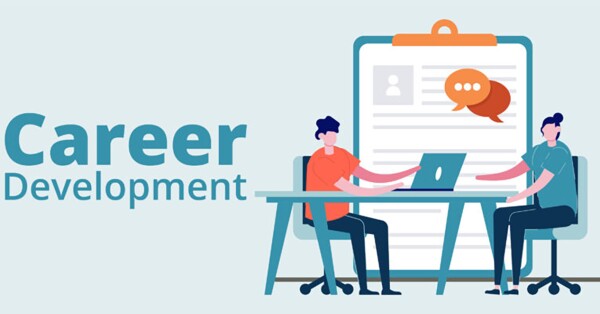What to do before, during, and after your interview

Interviewing can be a stressful part of trying to find a job, but don’t worry — you can do it! Follow these simple tips to improve your interviewing skills and impress your potential future employers.
Before the interview

1. Do your research. Get to know the company (and your interviewer, if possible) before you interview. Your ability to make informed comments and ask intelligent questions about the company will greatly improve your conversation with the interviewer and will show him/her your specific interest in this job.
2. Practice, practice, practice! Look over lists of
While practice is important, you should not memorize everything word-for-word and recite it in your interview — your conversation with an interviewer should feel both professional and natural.
3. Prepare questions for your interviewer(s). Remember, this interview is just as much for you as it is for the employer. Consider asking questions about the company and the position to figure out if it’s a place you’d be happy working at! Ask about job duties, the interviewers’ experiences, the company’s culture, etc. You should not ask about things like salary and benefits; those are good questions to ask and negotiate later, if you are offered the job.

4. Present yourself well. Dress professionally. Recommended appearance may vary depending on where you live and the type of role you are applying for. Follow the standards for your specific job, but generally try to present yourself well to show that you take the interview (and your potential job) seriously.
In the interview
1. Be present. Smile at, make eye contact with, and remember the name(s) of the person(s) interviewing you.
2. Give powerful responses to interview questions. We’ve talked about practicing how you respond to questions, but what exactly should your responses be? First, you should introduce yourself purposefully, if asked to do so. If you’ve taken PC 102: Professional Skills, you can even adapt your “Me in 30 Seconds” pitch! Include who you are, why you’re passionate about the job, and why you’re a great candidate to hire. Let the interviewer know that their company is THE place you want to be.
To answer other questions, you will often want to share experiences you’ve had at work or school. Using the four steps below, taught in PC 102, can help you tell these stories in a direct and powerful way.

3. Be honest but positive. Don’t cover up concerns or weaknesses, but do try to present everything you say in a positive light! It’s important to be authentic without drawing attention to your weaknesses.

After the interview
1. Say thank you! Consider emailing your interviewer following your conversation. Avoid being overbearing, but thank them for meeting with you and restate your interest in the role and the value you could provide. You can also do this briefly as you’re leaving an interview, thanking the interviewer and asking what next steps you should prepare for.
As you develop these skills, you will find that interviewing becomes easier. Prepare before your interview, be your best professional self while you’re there, and you will be able to find the job for you!
See the other articles in this series about
To learn, practice, and apply career development skills, we encourage students to actively participate in PC 102: Professional Skills and GS 170: Career Development. Aligned with the skills these courses teach, we hope this series can help you progress in your career and learn practical tips to improve your life. For more specific advice, please connect with people in your same area and desired profession.